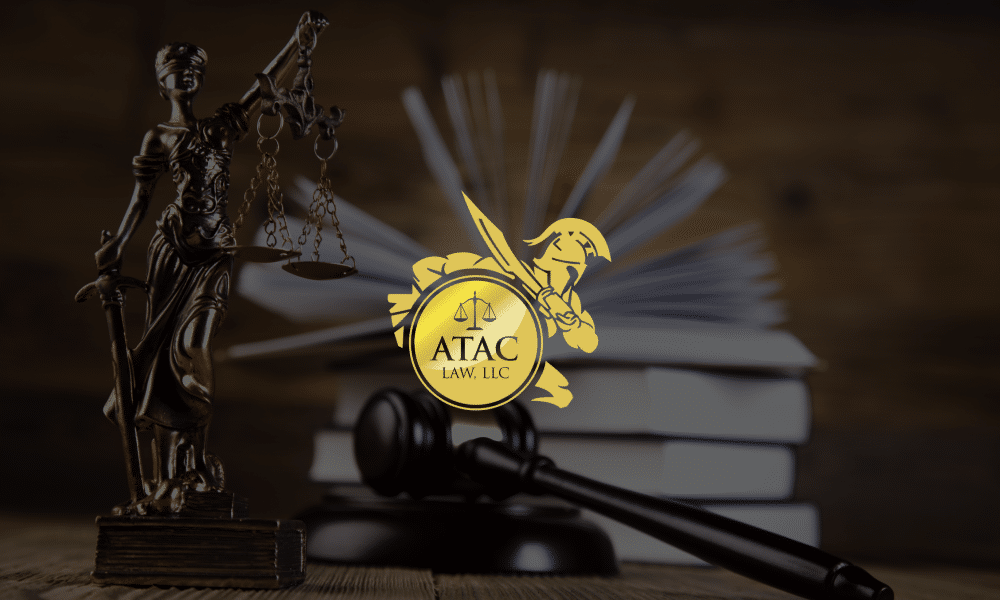Though you might not have intended any harm, association with certain felonies could escalate to first-degree murder charges if a death occurs during the crime’s commission. Understanding what lies ahead and the potential ramifications is crucial. With our help, you’ll gain clarity on the felony murder rule of NRS 200.030, from what it encompasses to the stark legal consequences, and most importantly, how to craft a strong defense.
Could Your Involvement in a Felony Result in a Murder Charge in Nevada?
In Nevada, being associated with a grave incident involving the fatality of a person, while committing or attempting to commit certain serious felonies, can lead you to a felony murder charge. It’s important to note that under this rule, no direct intent to kill needs to be established which means even accidental or unforeseen fatalities during these crimes stand a chance of getting prosecuted for felony murder.
The felonies that open the door to such charges include:
- Sexual assault (NRS 200.366)
- Kidnapping (NRS 200.310)
- Arson (NRS 205.010 – .025)
- Robbery (NRS 200.380)
- Burglary (NRS 205.060)
- Invasion of the home (NRS 205.067)
- Sexual molestation of a minor aged below 14 years (NRS 201.030)
- Child abuse (NRS 200.508)
- Abuse of a vulnerable person, such as those with physical or mental disabilities (NRS 200.5099)
- Abuse of an older person, specifically individuals aged 60 years and above (NRS 200.5099)
Felony murder, though fundamentally different from traditional first-degree murder in its need for intent, still falls within the same category – this makes it among the gravest homicide offenses in Nevada. It’s equally important to understand that such charges can be enforced even if the death occurring in the course of the felony was accidental or unforeseen.
What Are the Consequences of a Felony Murder Conviction in Nevada?
In Nevada, the repercussions of being convicted under NRS 200.030 for felony murder are severe and unforgiving, categorized under the most consequential level, namely a Category A felony. The legal system outlines several possible sentences for this serious offense, which include:
- Death Penalty.
- Life imprisonment without the possibility of parole,
- Life imprisonment with the possibility of parole eligibility after serving at least 20 years, or
- A prison term extending to 50 years, with parole consideration after 20 years.
Moreover, specific circumstances can lead to harsher sentences. If the accused were found to have utilized a deadly weapon during the felony, or if the victim was identified as either 60 years and older or a person with disabilities, the court might mandate an additional sentencing of one to twenty years.
Regarding the implications for non-U.S. citizens or immigrants, a conviction for felony murder, classified as a first-degree murder, poses a serious risk of deportation. Should an immigrant be convicted and eventually released, they would likely face deportation from the United States, reflecting the conviction’s gravity on an individual’s residence status.
What Legal Strategies Can Be Used to Counter Felony Murder Charges in Nevada?
Confronting felony murder allegations in Nevada necessitates a robust defense strategy to disentangle the defendant from the charges. A prominent defense is establishing that the individual had no involvement in the stated felony—neither committing or attempting it. If the defendant’s connection to the underlying felony is discredited, so too is their association with the subsequent death.
False accusations are a reality, and one’s defense could revolve around wrongful identification, such as misidentification in a police line-up, or motivations to erroneously implicate the individual. An alibi placing the defendant elsewhere at the time would also be pivotal in challenging the prosecution’s assertions. In scenarios where the defendant was simply in an unfortunate location at a critical time, concrete defense efforts are focused on clearing any links to the supposed criminal activity.
For the defense’s case to hold merit, compiling all accessible evidence that could cultivate reasonable doubt regarding the defendant’s guilt is vital. This can range from DNA evidence, accounts from credible witnesses, or technological trails such as GPS data from the defendant’s mobile phone—all instrumental in disputing the charges.
There’s also the possibility of a partial defense. This avenue acknowledges the defendant’s participation in the felony but argues that the death was a separate incident, not attributable to their actions within that felony, potentially leading to conviction for the felony absent the fatality charge.
Additional strategies may include claiming self-defense, if applicable, or challenging the legality of the evidence against the defendant—if it was obtained through improper law enforcement methods such as unlawful searches.
Each defense strategy hinges on the meticulous dissection of facts and evidence, underscoring the critical role of a competent defense attorney in advocating for the accused and navigating the complexities of the charges levied against them.
Is It Possible to Seal a Felony Murder Conviction in Nevada?
In Nevada, individuals convicted of felony murder have the opportunity to seal the conviction from their criminal record, but this process comes with specific stipulations. The path to sealing such a record commences 10 years after the closure of the case, offering a glimmer of hope for those seeking to mitigate the long-term impacts of their conviction. It’s important to note, however, that for individuals given life sentences, the case is considered perpetually open, rendering them ineligible for record sealing under these circumstances.
On a more positive note, in situations where the felony murder charge is dismissed, defendants are granted the chance to apply for immediate record sealing. This provision underscores the legal system’s capacity for flexibility and rehabilitation, providing individuals an avenue to clear their name and pave the way for a fresh start, free from the burdens of past accusations.
For further legal assistance and to discuss your case with an expert, don’t hesitate to contact ATAC LAW.




